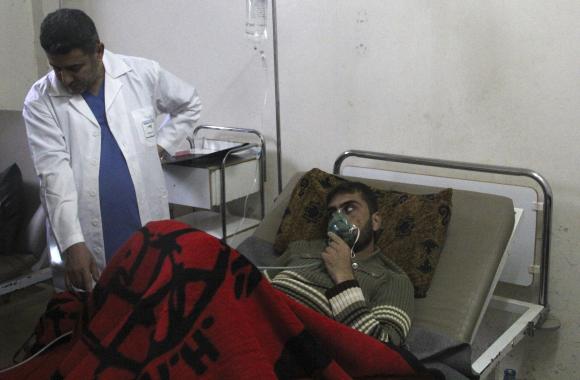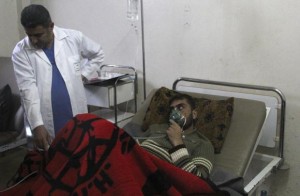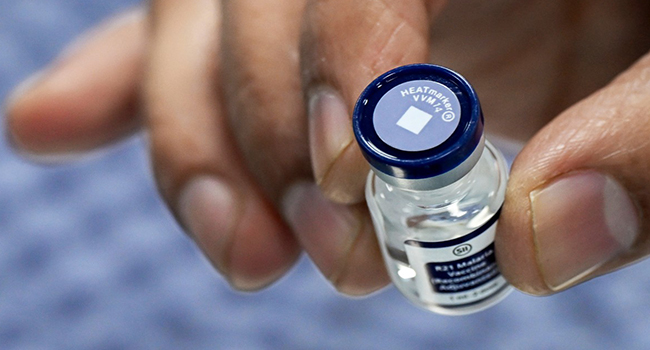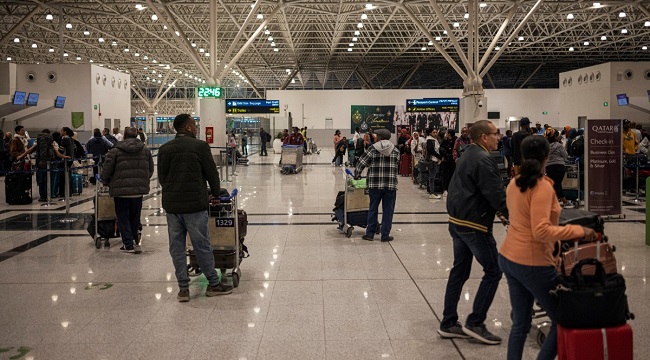Chlorine gas attacks in Syria this month, if proven, expose a major loophole in an international deal which promised to remove chemical weapons from Syria and suggest chemical warfare could persist after the removal operation has finished.
President Bashar al-Assad agreed with the United States and Russia to dispose of his chemical weapons – an arsenal which Damascus had never previously formally acknowledged – after hundreds of people were killed in a Sarin gas attack on the outskirts of the capital last August.
Washington and its Western allies said it was Assad’s forces who unleashed the nerve agent, in the world’s worst chemical attack in a quarter-century. The government blamed the rebel side in Syria’s civil war, which is now in its fourth year.
Syria has vowed to hand over or destroy its entire arsenal by the end of this week, but still has roughly 20 per cent of the chemicals it declared to the Organisation for the Prohibition of Chemical Weapons (OPCW).
In addition, chlorine gas that was never included on the list submitted to the OPCW is now allegedly being used on the battlefield, leading some countries to consider requesting an investigation, possibly through the United Nations.
Attacks this month in several areas of the country share characteristics that have led analysts to believe that there is a coordinated chlorine campaign, with growing evidence that it is the government side dropping the bombs.
U.S. State Department spokeswoman Jen Psaki said on Monday that Washington had indications that chlorine was probably used by government forces in Syria.
“We are examining allegations that the government was responsible,” she said. “Obviously there needs to be an investigation of what’s happened here.”





